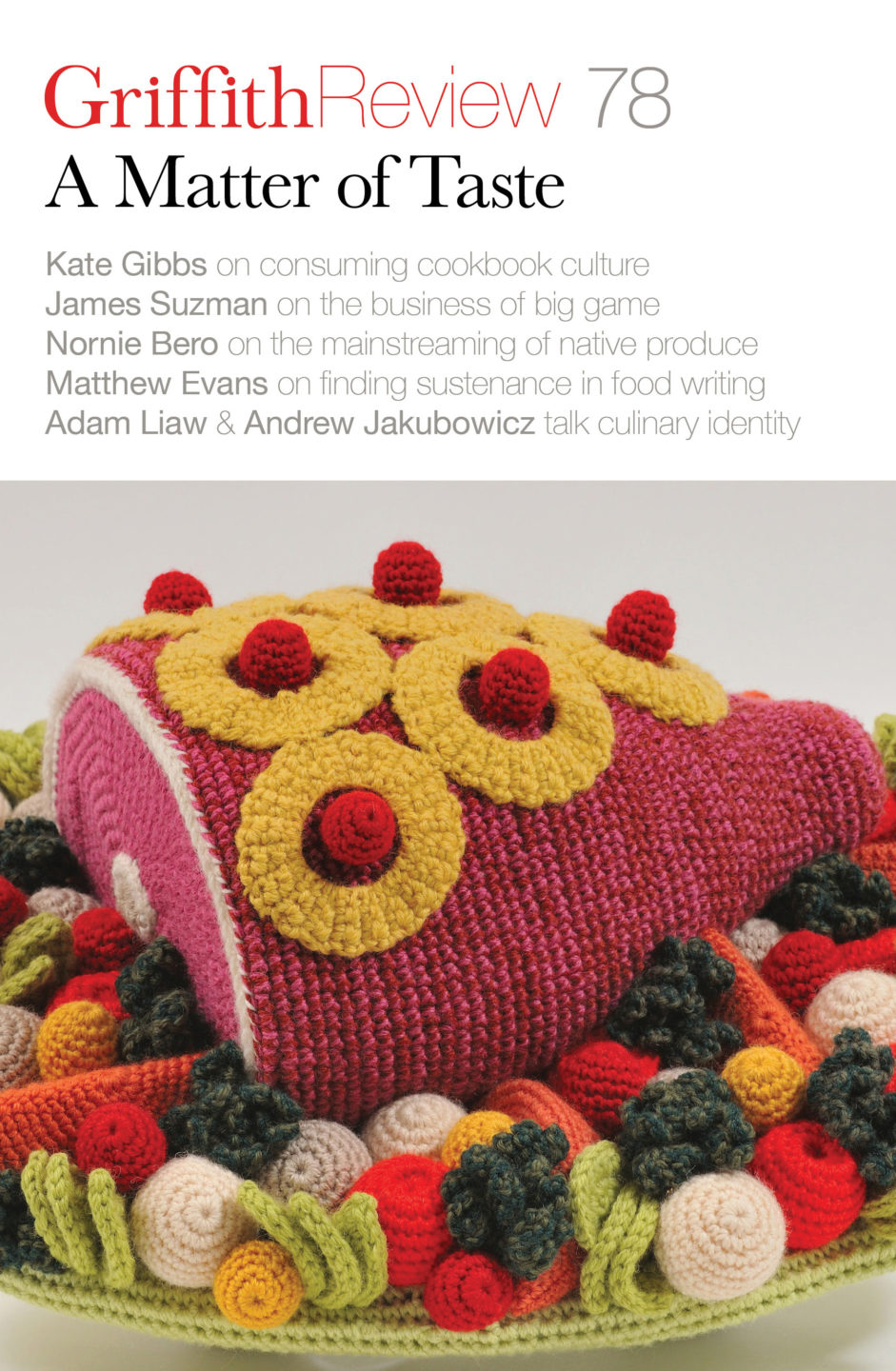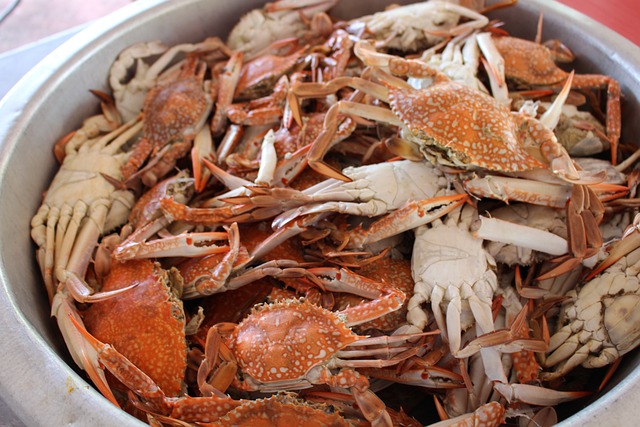Featured in

- Published 20221101
- ISBN: 978-1-922212-74-0
- Extent: 264pp
- Paperback (234 x 153mm), eBook


Already a subscriber? Sign in here
If you are an educator or student wishing to access content for study purposes please contact us at griffithreview@griffith.edu.au
Share article
About the author

Adam Liaw
Adam Liaw is a cook, writer and television presenter. He writes regularly for The Sydney Morning Herald and The Age, goodfood and The Guardian. His...
More from this edition

Lunch at the dream house
FictionThere were columns. It was white. Palatial. ‘Just smile and nod,’ Paul said, as he drove towards the fountain where a replica of Michelangelo’s Bacchus stood in all his glory.

The fight for the white stuff
EssayAlthough non-dairy milks are hardly unique to the US, there seemed something distinctly ‘American’ about the consumerist techno-utopianism of engineered nutrition. In its seductive promises and dazzling abundance, in its massification and drive for profit, and its bold-yet-arrogant ambition, the world of plant milks became a metonym for everything I loved and loathed about US culture. Give me a carton of Blue Diamond Almond Breeze and you have given me America.

The party for Crabs
FictionAs she lists the night’s specials, Claire attempts to figure out the party’s dynamic. Shared complexions make the elegant woman the little girl’s mother, surely. It’s the women’s relationship she can’t figure out. University friends? Distant cousins? Their conversation seems too polite for either. Unnatural.